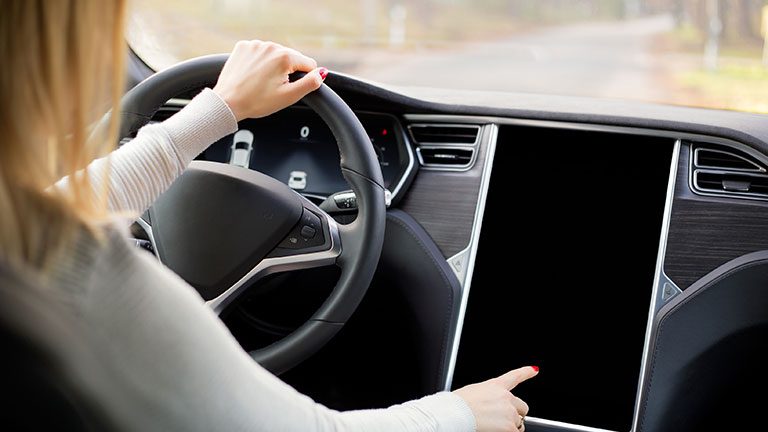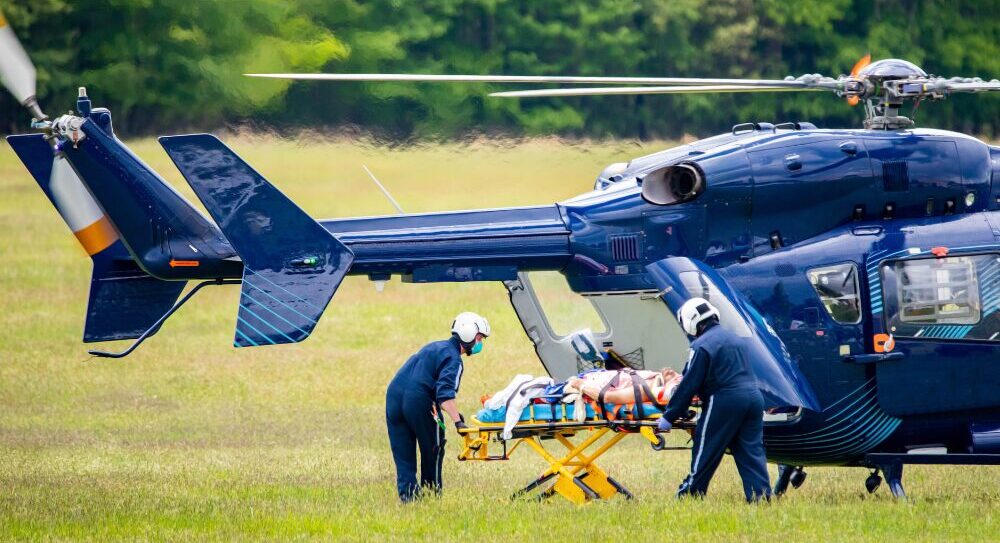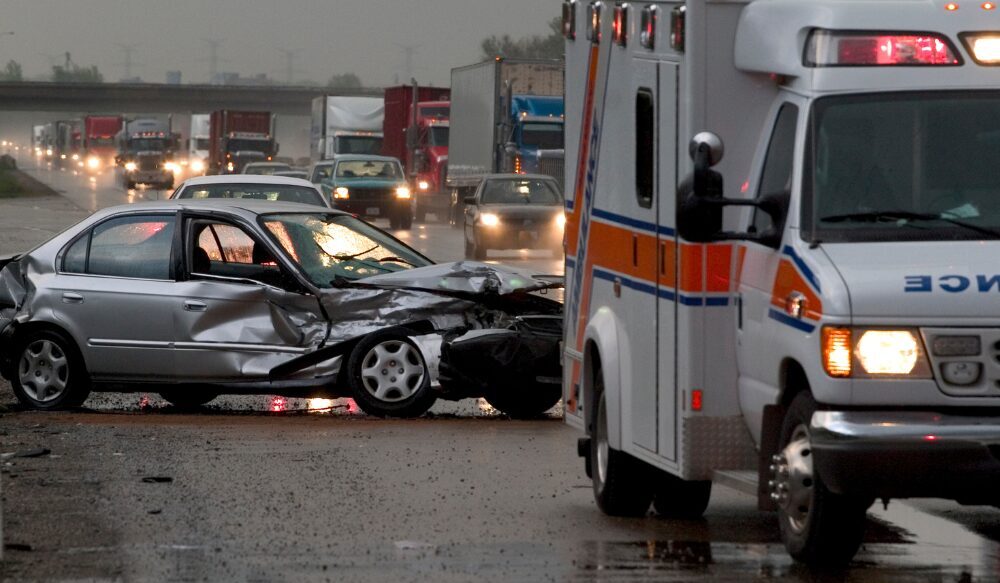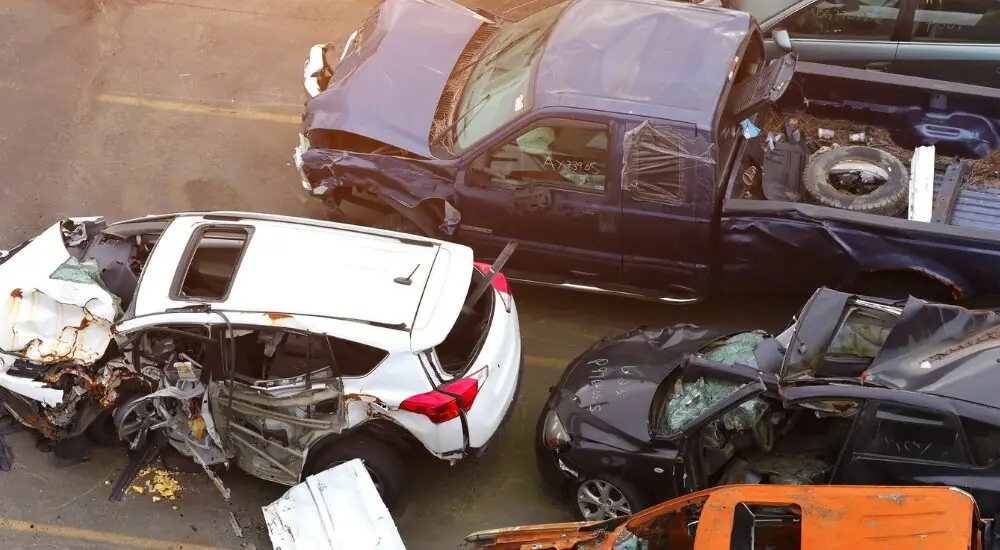
On February 18th, a California Tesla driver was killed after their vehicle struck a fire truck on Interstate 680. According to reporting by TechCrunch, the National Highway Traffic Safety Administration (NHTSA) requested information from the somewhat beleaguered electric vehicle company shortly thereafter. Though the agency has not shared what specific information it is requesting, many industry experts are confident that the request includes questions pertaining to Tesla’s controversial self-driving technology.
This collision occurred just days after Tesla announced a recall of 362,758 of its vehicles due to safety concerns about its Full Self-Driving (FSD) software.
What is Tesla’s Full Self-Driving software and how does it function?
Tesla’s Full Self-Driving (FSD) software is an optional feature that Tesla owners can purchase for $15,000. While Tesla CEO Elon Musk maintains that the company will be able to produce fully autonomous vehicles in the future, it is important to note that the FSD software as it exists today does not actually make participating vehicles self-driving.
Rather, FSD is more a collection of features that automate certain elements of driving – while still requiring that a human driver be alert and ready to take control of the vehicle at all times. FSD in its current form includes the following features:
- “Summon”, a parking feature
- “Navigate on Autopilot”, which is meant to guide vehicles in highway driving (including getting on highways, navigating interchanges, making lane changes, and exiting highways)
- “Autosteer on City Streets”, a feature intended to automate parts of city street driving, including steering, reacting to traffic lights, and reacting to stop signs.
- Which vehicles are being recalled?
Certain models of Teslas, listed below, that have been equipped with the Full Self-Driving Beta (FSD Beta) software or that are pending its installation, have been recalled:
- 2016 – 2023 Model S
- 2016 – 2023 Model X
- 2017 – 2023 Model 3
- 2020 – 2023 Model Y
Why are these models being recalled?
Federal regulators at the NHTSA have expressed concern about the safety of FSD Beta, citing multiple incidents in which drivers who were using the software found that their vehicles behaved erratically near intersections and, in some cases, caused crashes.
Specific issues with vehicles operating under the FSD Beta system include:
- Incorrectly driving straight through an intersection when situated in a turn-only lane
- Failing to reach a complete stop at a stop sign-controlled intersection
- Moving through intersections during a steady yellow light without exercising due caution
- Responding insufficiently to posted speed limit changes
- Disregarding drivers’ attempts to slow the vehicle in accordance with posted speed limits
What happens next?
Though Tesla has promised to release a free software update to address the issues associated with FSD Beta, many experts are skeptical that such updates will adequately address the litany of safety concerns associated with the software. In the meantime, a growing pool of Tesla owners may face additional recalls in the future as more flaws in the system are discovered.
I don’t drive a Tesla – why should I care about this?
Though Tesla’s FSD software is among the most aggressively automated driving systems available today, the risks it poses affect everyone on—or even near—roads upon which any Teslas are driven. Other motorists, pedestrians, cyclists, and road workers still have to share the road with Tesla drivers – and though “defensive driving” and general alertness are always recommended precautions to take when conducting oneself in or near traffic, no such alertness or defensiveness can protect a safety-minded individual from being struck by an errant car making incorrect traffic decisions and operated by a driver who may, understandably, have trusted the “full self-driving” feature of the vehicle they purchased to actually, say, fully drive itself.
In many circles, Tesla’s FSD technology is an unwelcome addition to the list of dangers already widely associated with driving, biking, walking, or working on busy roads. Recent data shows that an automobile collision occurs approximately every 10 seconds somewhere in the United States – and the frequency of these incidents continues to grow.
In all collision cases, it is essential that measures be taken immediately to preserve evidence, investigate any facts in question, and enable physicians or other experts to thoroughly evaluate any injuries promptly. Personal injury cases resulting from automobile collisions can be complex, and it is important that injured persons understand the variety of different liability and insurance coverage issues that may apply to their cases.
If you think that someone was at fault in causing a collision that you, a family member, or a friend was involved in, you should have the facts of your claim reviewed by a personal injury attorney as soon as possible. To get in touch with one of GLP Attorneys’ highly experienced personal injury lawyers, please call 206.448.1992 or email our attorneys at .
Click here to learn more about our firm’s Automobile Collisions practice.


